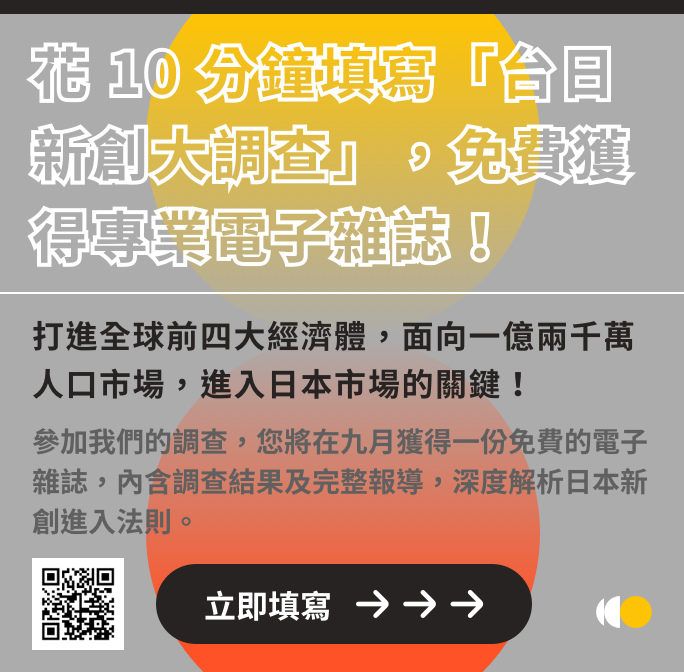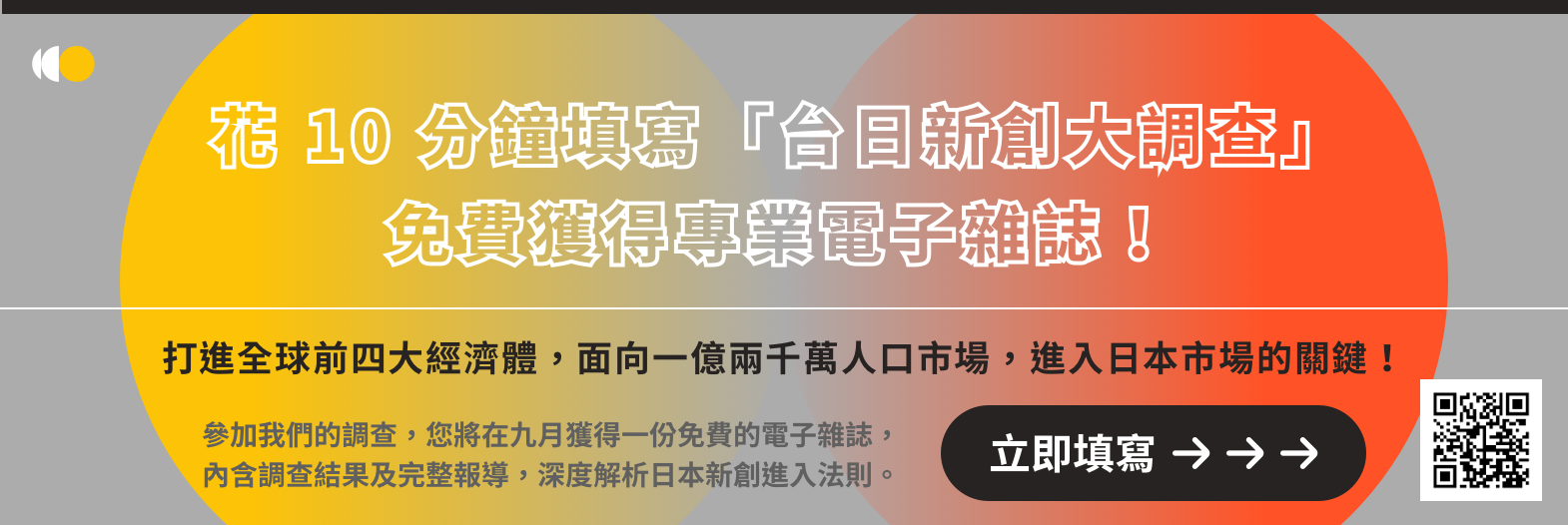What happened?
- According to a KPMG and HSBC report released in 2022, new start-ups in Singapore had grown rapidly in the past two years, with the total value of the top 10 new start-ups in Singapore in 2022 reaching $3.2 billion. (MoneyDJ)
- In Singapore, venture capital and investors favor investment targets such as financial technology, ESG-related sectors, education, medical insurance, and other fields of start-up teams.
- In the Global Innovation Index ranking published by the World Intellectual Property Organization (WIPO) in 2022, Singapore had been ranked among the top 10 for three consecutive years, with innovation regarded by WIPO as the main driving force of the country's economic momentum. (WIPO)
- The British think tank Z/Yen pointed out in a research report in the second half of 2022 that Singapore had overtaken Hong Kong to become Asia's top financial center and the third in the world. (Bloomberg)
- PwC said in 2022 that as a cryptocurrency hub, 6% of the world's crypto funds were based in Singapore, ranking it a joint third globally -- along with Switzerland and Hong Kong -- second only to the United States and the United Kingdom. (Reuters)
How does Singapore fully support start-ups?
- The Singapore Government established Startup SG in 2017 to unify efforts to support and showcase the country's vibrant start-up ecosystem under its various initiatives and programs. In terms of policies and regulations, Singapore adopts an open attitude, taking a try-then-regulate approach to reduce the resistance of start-up technologies to commercialization in the market. (udn.com)
- The Singapore Government has increased subsidies in an array of fields from 5G, artificial intelligence, blockchain, cryptocurrency, biomedicine, agricultural start-ups, and advanced manufacturing, among others.
- The Singapore Government has strengthened industry-academia innovation cooperation between academic institutions and SMEs. It is expected that from 2022 to 2026, local polytechnics and technical education institutes will launch 80 technology and innovation centers. (Find)
- Singapore consciously and strategically attracts talent and investment by unifying resources from the government and civil society internally while building and exporting overseas a national brand of start-up technology.
What will happen in the future?
- Singapore already has more experience and security awareness of the digital economy than other Southeast Asian countries and can drive other ASEAN countries to develop and promote the digital economy. This is what the United States hopes to discuss and establish with ASEAN countries through IPEF (Indo-Pacific Economic Framework for Prosperity).
- New start-ups use Singapore as a springboard into ASEAN, which has a market of 670 million people. Singapore's diverse ethnic population also provides start-up entrepreneurs with a training ground to test the water.
- In addition to cross-border e-commerce, the supply chains of many emerging industries, such as electric vehicles and energy-related products, also go into production in other ASEAN countries through Singapore. The funds from Singapore and supply chains from ASEAN form a collaborative relationship.
Singapore strategically attracts the world's top-tier talent by raising the threshold for long-term work visas. It is the only country in Asia whose population has grown after the pandemic. Amidst the international political tussle and global economic and trade competition, how could Singapore emerge unscathed and even stand out? The following in-depth Sunrise Medium's interview with experts has shed some light.






















